Digestive Health
Diverticulosis & Diverticulitis: Disorders Affecting the Large Intestine
3 min read
By Apollo 24/7, Published on - 26 October 2021, Updated on - 18 October 2022
Share this article
0
23 likes
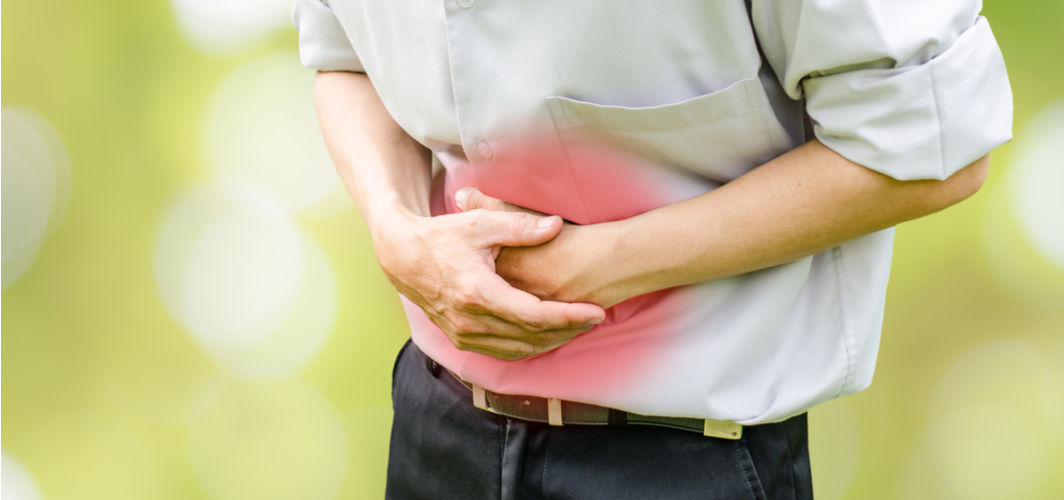
Not consuming enough fiber may sometimes cause waste to build up in the colon (constipation) and strain the walls, leading to a condition known as diverticular disease. Diverticulosis and diverticulitis are collectively known as diverticular disease. These digestive conditions share one feature in common: the presence of diverticula (one or more abnormal pockets or bulges in the colon). When the diverticula do not cause any symptoms, the condition is called diverticulosis and when symptoms do occur with severe abdominal pain, it is called diverticulitis.
Understanding diverticula
Diverticula are formed usually after the age of 40 years, when the inner layer of the intestine pushes through the naturally weak areas in the outer lining of the colon. The pressure makes the weak spots bulge out, forming pouches that frequently occur in the lower segment of the large intestine. Most often, people with diverticula do not experience any symptoms.
What is the difference between diverticulosis and diverticulitis?
Diverticulosis: Diverticulosis refers to the presence of diverticula in the colon that does not cause any symptoms. However, symptoms may include mild abdominal cramps, swelling, bloating, constipation, and tenderness over the affected region. Diverticulosis can lead to diverticulitis, perforation (holes), stricture (narrowing of the colon making it difficult for stools to pass), or fistulas (abnormal passageways between parts of the bowel).
Diverticulitis: Diverticulitis refers to the infection and inflammation (swelling) in the diverticula. The most common symptom is severe pain and sensitivity in the lower abdomen. The condition may cause mild pain that increases over several days or may cause severe pain that occurs suddenly. One may also experience fever, chills, nausea, vomiting, abdominal cramps, constipation, and rectal bleeding (blood in stools).
What are the risk factors for diverticular disease?
Researchers do not know the exact cause of diverticulosis but they believe a low-fiber diet plays a role. While the cause for diverticulitis is also not known, it is believed that the infection starts when a piece of stool gets trapped in the diverticula. The bacteria in the stool begin to grow and multiply, causing diverticulitis.
Factors that may increase the risk for diverticular disease include:
- Age of 40 years and above
- Being a male
- Consuming a low-fiber diet
- Eating foods that have high-fat content and red meat
- Being overweight
- Smoking
- Staying physically inactive
- Using NSAIDs (nonsteroidal anti-inflammatory drugs).
Treatment of diverticulosis and diverticulitis
Diverticulosis does not require any treatment. However, doctors recommend eating a fiber-rich diet to prevent diverticulitis. Fiber-containing foods include vegetables, fruits, beans, legumes, grains, nuts, and seeds.
In the case of mild diverticulitis, antibiotics are prescribed. Pain medications, rest, and a low-fiber diet or a liquid diet can help improve the symptoms. Once the symptoms alleviate, one can gradually consume soft foods rich in fiber and then return to normal foods.
Severe diverticulitis with rectal bleeding or recurrence may need intravenous (IV) antibiotics, IV fluids, or surgery to remove the affected part of the colon.
How to prevent diverticular disease
To prevent diverticular disease, it is important to have regular bowel movements. The steps to achieve this include:
- Consuming more fiber: Fiber adds bulk to the stool, makes it softer, and speeds up bowel movements.
- Drinking plenty of water: When a high amount of fiber is consumed, more water is absorbed. Hence, consuming plenty of water is important to keep the stools soft and move easily.
- Exercising daily: Regular exercise for 30 minutes can help food pass through the digestive system easily and help reduce pressure in the colon.
- Quitting smoking: It is important to stop smoking as it is associated with an increased risk of diverticular disease.
Conclusion
The formation of the diverticula may cause several complications. Hence, it is crucial to prevent the formation of diverticula and the associated diverticular disease by following a well-balanced and high-fiber diet from early life. In addition to eating fiber-rich foods, drinking sufficient fluids and being physically active can help prevent diverticula. One must consult the doctor for unexplained abdominal pain accompanied by fever and change in bowel habits or blood in stools.
Talk to a gastroenterologist for any questions on digestive health including diverticular disease.
Digestive Health
Leave Comment
Recommended for you
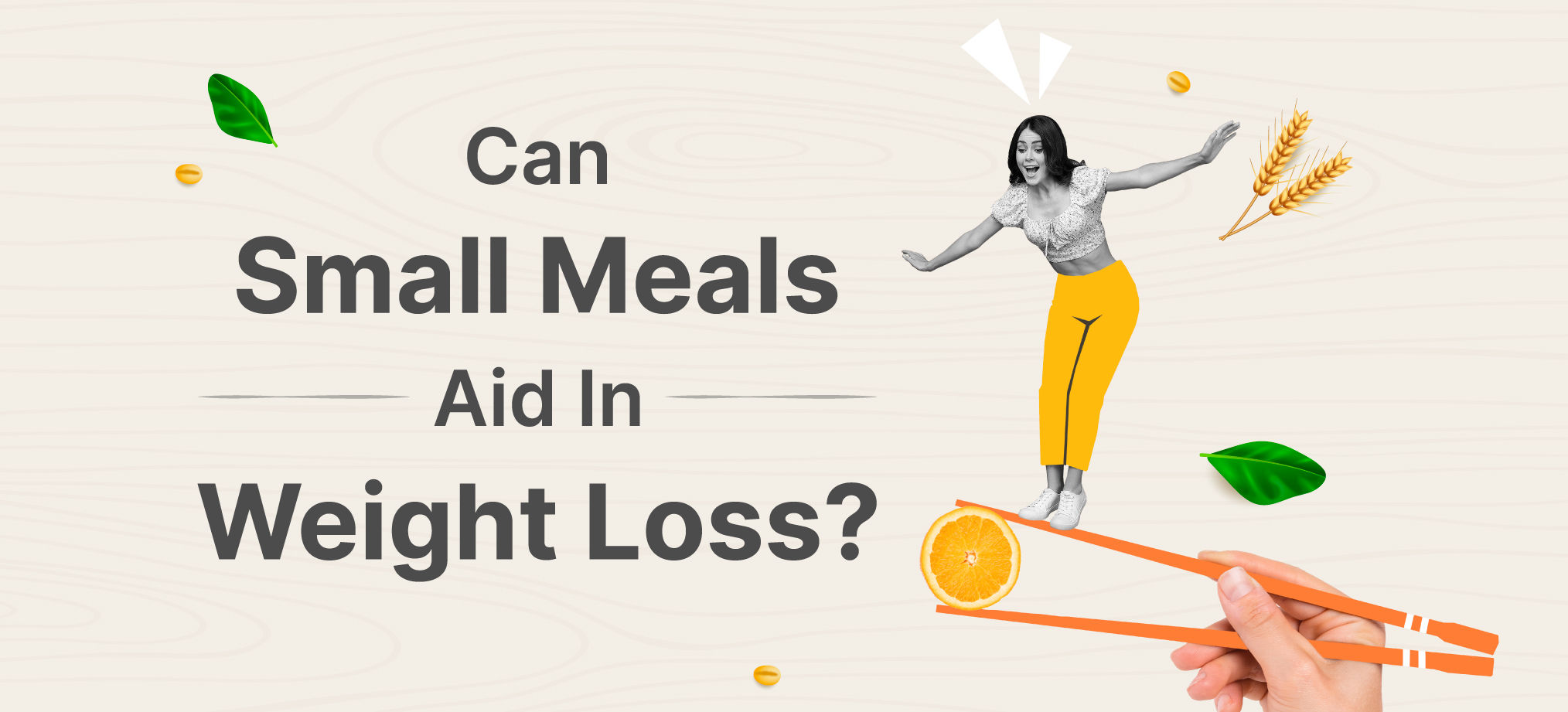
Digestive Health
Several Small Meals Or One Or Two Large Meals A Day? Which One Is Healthier?
Every individual should choose their eating habits based on their metabolism or health goals. However, the debate is all about whether to eat many meals in small portions or eat one or two heavy meals in a day.
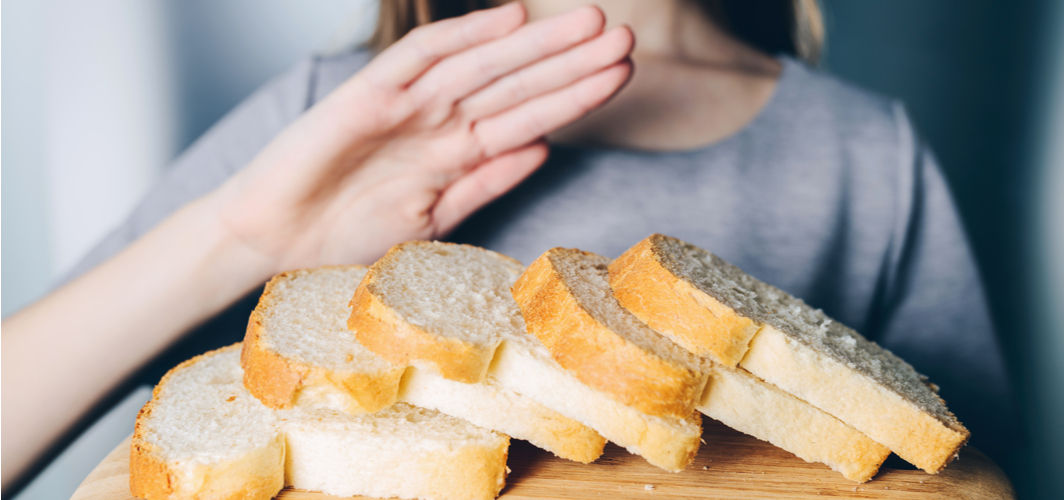
Digestive Health
The Difference Between Wheat Allergy, Celiac Disease, and Gluten Intolerance
These three major disorders are known to trigger unpleasant symptoms following intake of foods made using wheat.
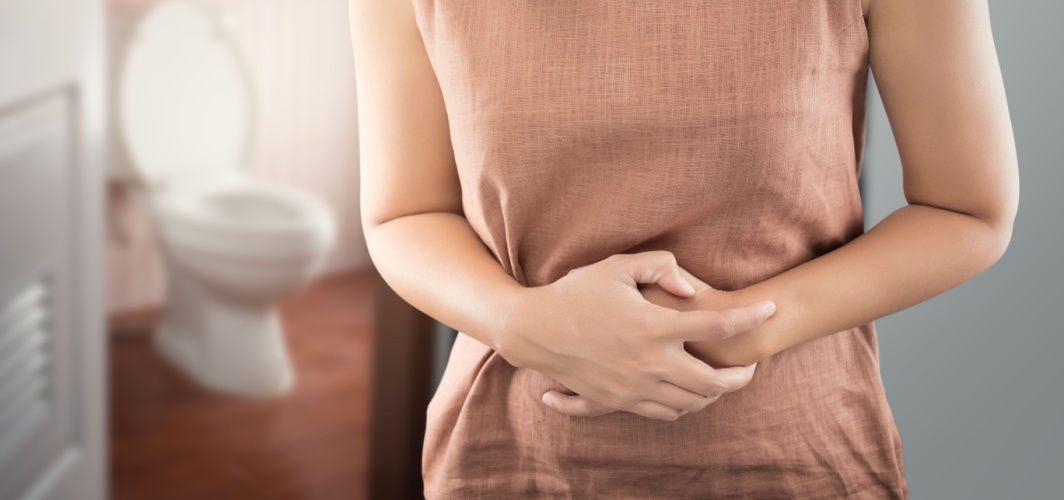
Digestive Health
Early Morning Practises That Can Help Relieve Constipation
Constipation often leads to gas and abdominal pain. Usually caused by dehydration or an imbalanced diet, prolonged constipation can lead to severe digestive problems. However, adopting some morning practices can help relieve constipation effectively and improve your overall digestive system.
Subscribe
Sign up for our free Health Library Daily Newsletter
Get doctor-approved health tips, news, and more.
Visual Stories
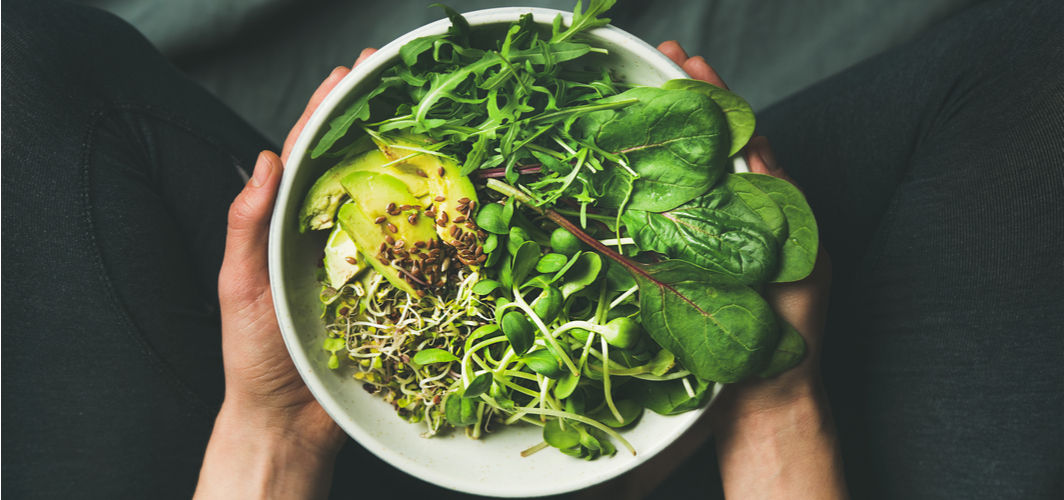
Hidden Health Benefits in a Bowl of Salad
Tap to continue exploring
Recommended for you

Digestive Health
Several Small Meals Or One Or Two Large Meals A Day? Which One Is Healthier?
Every individual should choose their eating habits based on their metabolism or health goals. However, the debate is all about whether to eat many meals in small portions or eat one or two heavy meals in a day.

Digestive Health
The Difference Between Wheat Allergy, Celiac Disease, and Gluten Intolerance
These three major disorders are known to trigger unpleasant symptoms following intake of foods made using wheat.

Digestive Health
Early Morning Practises That Can Help Relieve Constipation
Constipation often leads to gas and abdominal pain. Usually caused by dehydration or an imbalanced diet, prolonged constipation can lead to severe digestive problems. However, adopting some morning practices can help relieve constipation effectively and improve your overall digestive system.